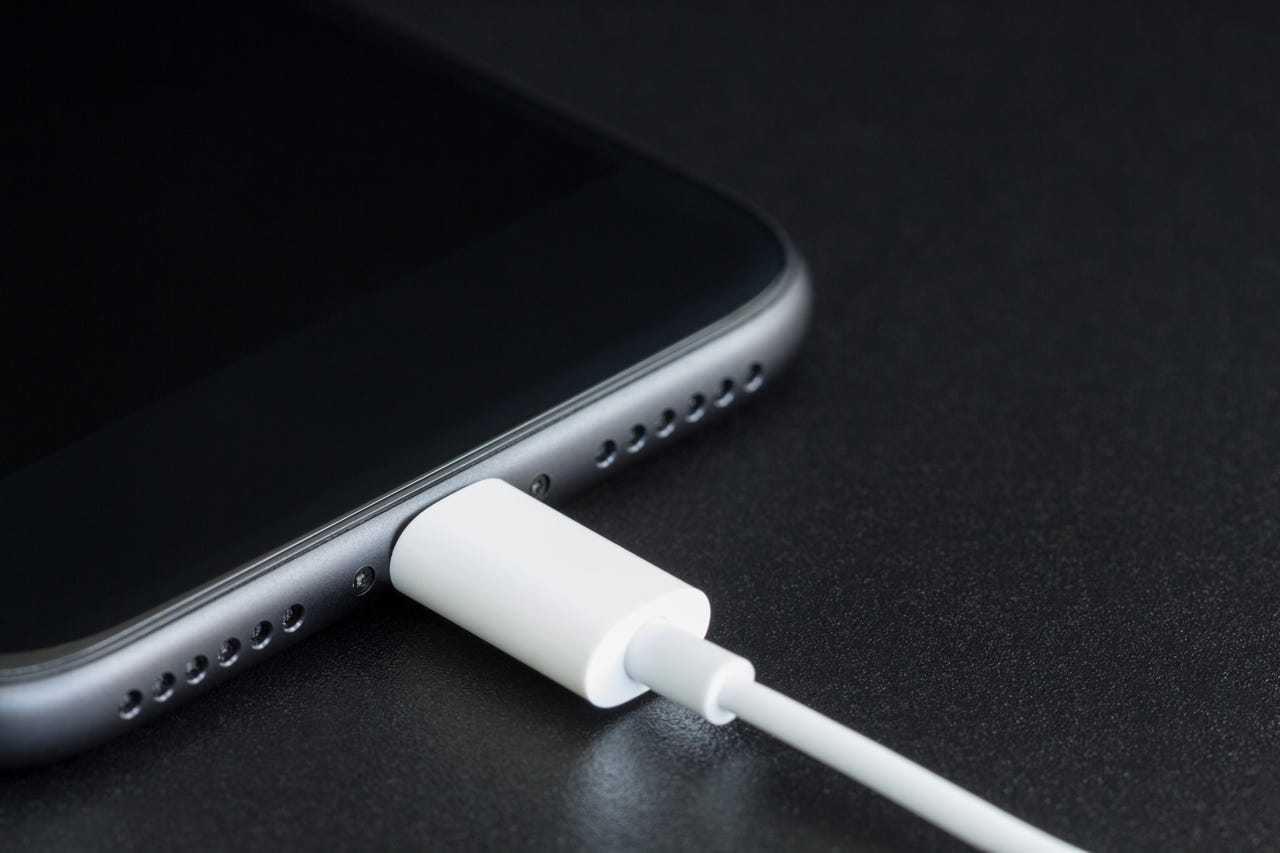Apple hit with yet another 'Batterygate' lawsuit


The memory of "Batterygate" continues to be a thorn in Apple's side. In case you need a reminder, "Batterygate" refers to a 2016/17 scandal where Apple added an undocumented battery throttling capabilities to iOS 10.2.1 designed to slow the performance of the iPhone if the battery was deemed to be worn.
It also came with unexpected side effects, causing handsets to reboot in cold weather or when the battery's charge level was low.
ZDNET Recommends
The feature was initially rolled out to iPhone 6, iPhone 6s, and iPhone SE and later expanded to include the iPhone 7, 7 Plus, 8, 8 Plus and iPhone X models.
This latest UK-based multimillion-pound legal claim has been launched by Justin Gutmann, a consumer rights campaigner, and alleges that Apple deliberately misled users, and rather than roll out a battery recall or replacement program; the company instead pushed out this feature to cover up the fact that older iPhone batteries were not able to cope with the new power demands put on them.
"Instead of doing the honorable and legal thing by their customers and offering a free replacement, repair service or compensation, Apple instead misled people by concealing a tool in software updates that slowed their devices by up to 58%," Gutmann told The Guardian.
"I'm launching this case so that millions of iPhone users across the UK will receive redress for the harm suffered by Apple's actions."
Apple did eventually roll out a $29 battery replacement program, a program that saw the company carry out 11 million battery replacements in 2018, compared to the 1 to 2 million that would normally be carried out in a year. This resulted in Apple issuing a profit warning in January 2019, the company's first since 2002.
"We have never -- and would never -- do anything to intentionally shorten the life of any Apple product or degrade the user experience to drive customer upgrades," Apple said in a statement on Thursday. "Our goal has always been to create products that our customers love, and making iPhones last as long as possible is an important part of that."
If Apple loses, the company could be forced to pay damages of more than £750m ($950m) to the 25 million people who purchased affected iPhones.
Following the US settlement in March 2020, Apple agreed to settle a class-action lawsuit over the same issue, paying out $25 per iPhone, with the total capped at $310m.